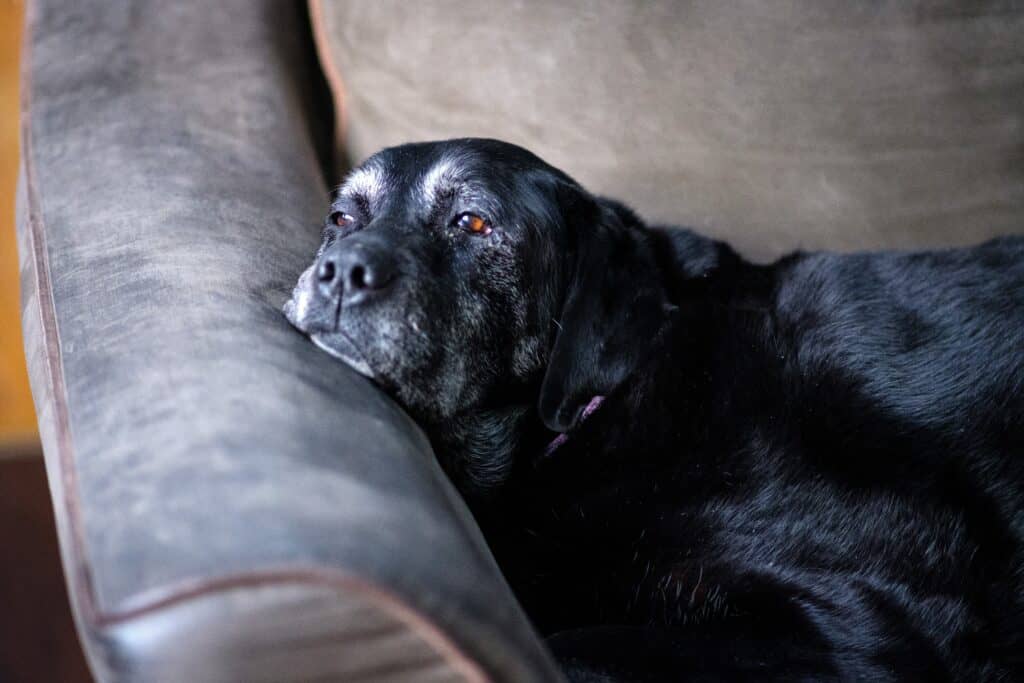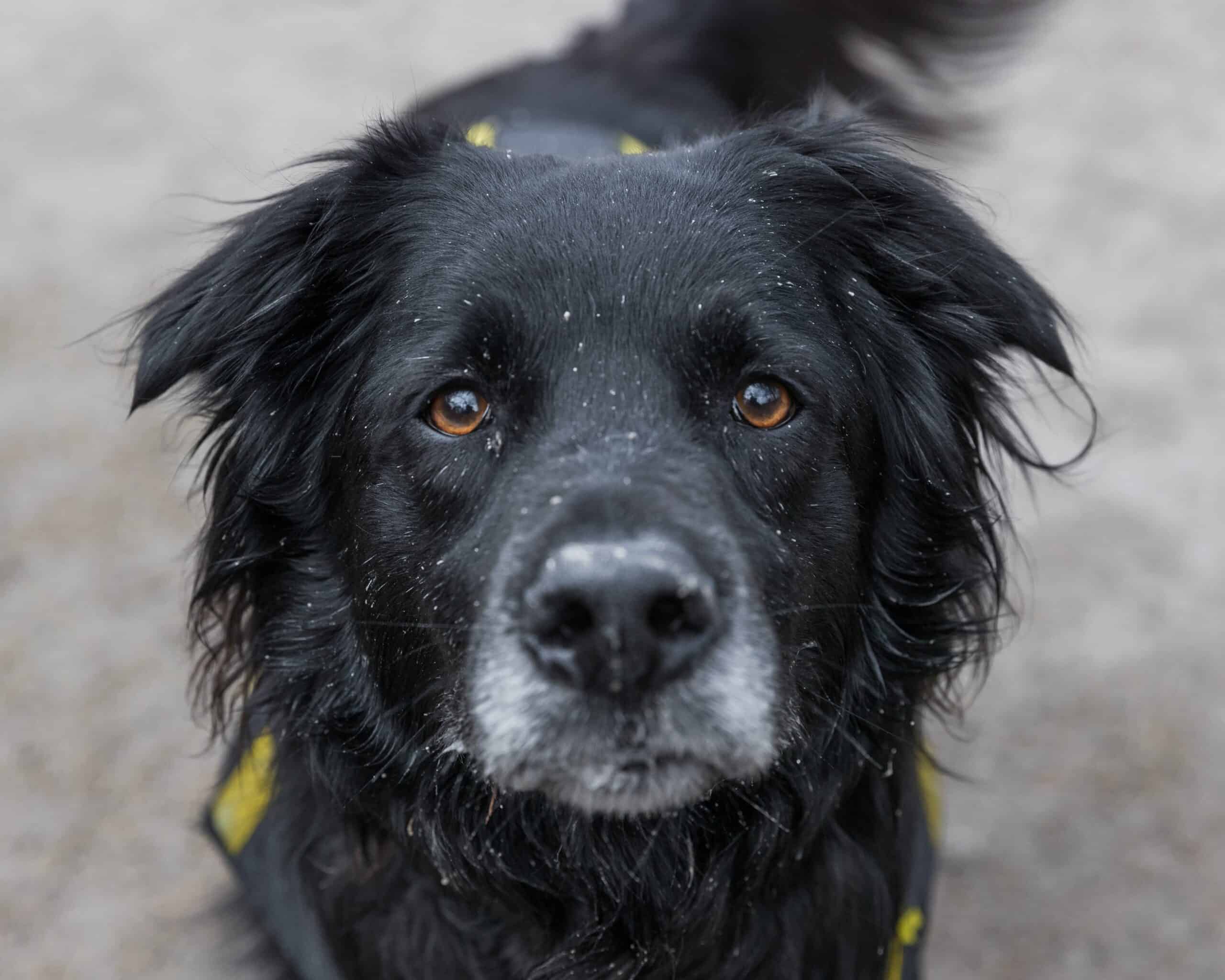It is natural for everything to die, including your pets. There are some signs and symptoms of dying, but each of us experiences it in a unique way. This is a natural transition. Several paths can lead to the journey, but they all end in the same place.
Usually, the dying process begins before actual death occurs. Death is the journey of ending physical life and returning to the spirit world. The journey may take one to three months for natural dying. Symptoms and signs may all occur in your pet, while others will experience only some of them.
As the death of your beloved pet approaches, they may start to withdraw from the world around them; retreating to a quiet space and sleeping for much of the day. Your pet’s temperament may change too; becoming more easily irritated or whiny. They may interact less with family members and other pets in their home, and even reject affection due to feeling uncomfortable or painful when being touched. They often lose interest in activities that used to capture their attention, like no longer greeting you upon arriving home or following you around the house. The deterioration of their organs can cause involuntary urination and defecation. Do not scold them – it only serves to rob them of any dignity they have left as a senior animal.
Towards the end, the body will do a wonderful job of dissolving the whole world. Over this process, there are signs and symptoms of dying, and it happens to all creatures. It is the process of shutting down, enabling the beautiful soul to travel. Sometimes it happens so fast that we don’t notice it.
Earth element dissolves (flesh, bones, organs of smell, odors)
When your pet’s body starts to slow down, they may experience a decrease in appetite and loss of weight. They will likely have difficulty getting up and walking, maybe even bumping into things as they go. Their gorgeous fur can become dry and patchy, the luster fades and their color changes. You might see bumps or lumps on their body that are itchy. Your pet may also shrink in size and their cheeks sink in, their teeth may fall out or stain quite darkly. Additionally, you may observe more body odor than usual, with a stronger bad smell.
Water element dissolves (blood, water, and waste organs)
It is common that some days before death, your pet will start sleeping for most of the day. They will require less energy, hence reduced food and liquid intake, as their body prepares to shut down. In addition, a dry and sticky mouth and throat can lead to increased thirst. Colds, nose running or discharges from eyes may also be present. Vomiting and diarrhea may sometimes occur. Incontinence could take place and hearing might become distorted, making it hard to hear. Anxiety signs such as nervousness, timidity, frustration, agitation or fear of loud noises can be noticed too. Bodily sensations might fluctuate between pain and pleasure, while trembling or twitching might occur more frequently than before.

Fire element dissolves (warmth, temperature, coloration, sight, and form)
At this point in time, your pet’s blood pressure and temperature may both decrease. Their nose and mouth may dry up, too, and you may even feel a warm air radiating from the top of their head as if they had a fever. Furthermore, they may become forgetful – not remembering to eat or drink; not recognizing you or other family members; and not knowing to relieve themselves – because their stomach can no longer process food. To make them comfortable, however, you should still provide them with water by moistening their mouth regularly.
Air element dissolves (breath, touch, sensation)
Breathing becomes more and more irregular, your pet may gasp for air and become panicky. There will be frequent rolling of their eyes and their body going motionless. They will sleep much more than usual and may twitch involuntarily during slumber. Eventually, they might even lose consciousness altogether, no longer being aware of her environment. To make them as comfortable as possible, you should give them plenty of pillows and blankets – as their temperature drops, they might feel chilly or shiver. They may also become scared more easily, screaming and shouting out at times in distress. Incontinence is also common in this time, with discharge of both urine and feces slowly leaving the body – a natural part of the last stage of life. The breaths gradually become shallower until they eventually stop entirely – then death has occurred.
Hopefully this article will help you understand the final stages of your pets life and offers you some comfort by understanding that these stages are normal and natural. If you would like to communicate with your pet during or after this transition, schedule a communication session with me.
Don’t hesitate to contact me:
Email : contact@enlightenedanimal.com
Website : https://www.enlightenedanimal.com


0 Comments